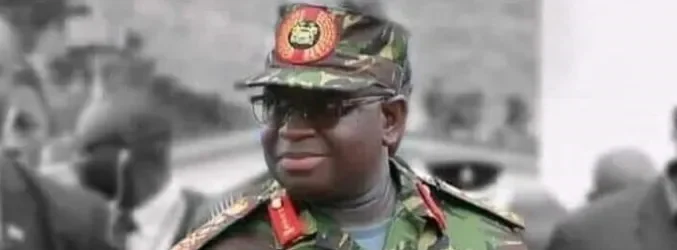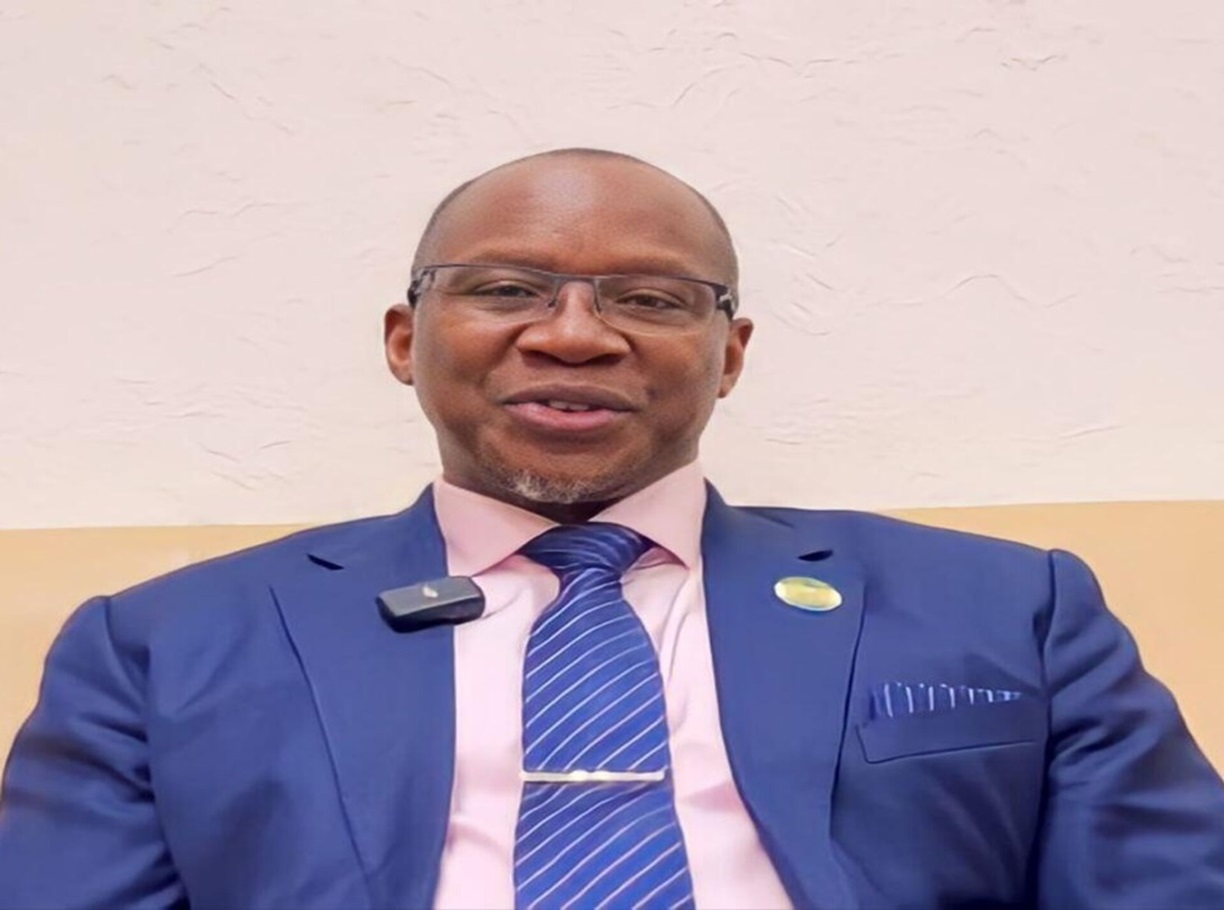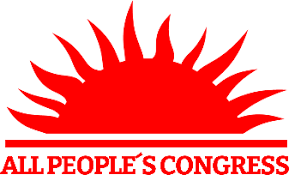By: Sulaiman Aruna Sesay
Sierra Leone is a poverty-stricken West African country that has been plagued by several social, economic, and political issues. One of the major problems that most Sierra Leoneans face is the bread and butter issue, which refers to the struggle to meet basic needs such as food, shelter, and clothing.
One of the primary reasons for the bread and butter issue in Sierra Leone is the deficient economy.
The country has limited resources, and most of its wealth is exported to other countries in the form of raw materials such as diamonds, gold, and iron ore. This leaves the country with a huge trade deficit, which in turn leads to high unemployment rates, low wages, and a lack of financial opportunities for the local population.
Another challenge faced by the Sierra Leonean people is that their country is still recovering from a decade-long civil war that ended in 2002. The conflict destroyed much of the country’s infrastructure, including schools and hospitals, and left many people living in poverty.
Additionally, corruption and mismanagement of resources by the government have contributed significantly to the bread and butter issue in the country. This has resulted in a lack of access to essential public services such as healthcare, education, and clean water.
The lack of opportunities for the average Sierra Leonean has also contributed to the bread and butter issue. Most people rely on subsistence farming or low-paying jobs in the informal sector to make ends meet. This is compounded by the high cost of living, which makes it difficult for individuals to afford basic necessities such as food and housing.
In conclusion, the bread and butter issue in Sierra Leone is a multifaceted problem that stems from historical, social, economic, and political factors. To resolve this issue, it is imperative that the government implements policies that promote economic growth, transparency, and accountability while also addressing issues such as corruption and social inequality.














